Former Apple CEO John Sculley says he never fired co-founder Steve Jobs
Sculley, who was President of Pepsi before being recruited to Apple by Jobs himself in 1983, has become notorious as the man who ousted the co-founder, but the former CEO claims he never actually "fired" Jobs. He said as much in two recent interviews, one with the BBC and another with computer historian David Greelish, as transcribed by The Mac Observer.
Jobs originally convinced Sculley to leave Pepsi with the famous line: "Do you want to sell sugar water for the rest of your life or do you want to come with me and change the world?†He was brought on for his marketing experience because Apple's board of directors reportedly viewed Jobs as too young to be CEO.
At the outset, Sculley and Jobs worked well as partners, but they soon came to disagree on Apple's strategy with its Apple ][ and the Macintosh product lines. Sculley said the first reason he had been brought on was to keep the Apple ][ "commercially successful for at least three more years" in order to buy time for Jobs to create and launch the Macintosh.
The second reason Sculley was recruited for the role was because Jobs wanted Apple to learn how to market computers the way Sculley had marketed Pepsi with the Pepsi Challenge campaign.
"[Jobs] and I spent months together getting to know one another, probably almost five months. Weekends. I’d go to California, he’d come to New York, and so forth. And in those discussions, I was trying to teach him what I had learned at Pepsi about marketing," the former CEO said. "One of the key insights we learned was that you don’t sell the product, you sell the experience."
Sculley said he and Jobs were "completely aligned in terms" of what they were and what their roles were. But when the Macintosh Office flopped at launch in 1985, their relationship became strained.
"As we moved out into March [1985], the Macintosh sales were not doing well and Steve and I started to have major disagreements on what we should do about it," Sculley said. "Steve wanted to lower the price of the Macintosh. And yet he still wanted to run substantial advertising behind the product. And he wanted to de-emphasize the Apple ][."
Former Apple CEO John Sculley
Sculley disagreed with Jobs' approach, arguing that, as a public company, Apple needed to set expectations for sales and profits. He asserted that the Mac wasn't ready for what Jobs wanted to do and remained staunch in continuing to focus on the Apple ][.
"So, that was a major disagreement between us. I said if you try to change that on your own, then I have no choice but to go to the board, and we need to bring this issue up with the board. And he didn’t think I would do that. And I did," Sculley said.
The board responded by asking Mike Markkula, then a vice-chairman at Apple to interview key people at Apple to determine whether Jobs or Sculley was right. After 10 days, Markkula reported that Sculley was right that the technology for the Macintosh wasn't ready for what Jobs wanted to accomplish. As such, the board asked Jobs to step down as leader of the Macintosh division.
"To be quite honest, I didn’t appreciate coming out of corporate America, because remember people get moved around all the time in corporate America, I didn’t appreciate what it meant to a founder, the creator of the Macintosh, to be asked to step down from the very division that he created to leave the very product that he believed was going to change the world," he said.
"So Steve was never actually “fired†from Apple, but he was demoted from the role of leading the Macintosh division and then he went off on sabbatical and then he eventually resigned from the company and took a number of key executives and started NeXT Computing," Sculley told Greelish.
According to Sculley, the board was "outraged" that Jobs took executives with him, as he had promised not to but did it anyway.
"So, that’s the actual facts," he said. "I think [Jobs' biographer] Walter Isaacson delved into that in his book and talked to many different people on the Apple board, and actually corroborated that story."
However, Sculley did admit to the BBC that he hasn't actually read Isaacson's book and has only discussed it with people who have. "I haven't really thought about it too much because I know what went on back in the 1980s because I was there," he said.
Sculley also described the circumstances surrounding his departure from Apple. According to him, he resigned because Apple's board had forced him to step down as CEO and given him the role of chairman "basically without portfolio."
"At the time I left, Apple was the number one selling personal computer in the world," Sculley said. "And we had an 8.3 [percent] worldwide market share at that point. We were the most profitable personal computer company in the world."
For his part, Jobs told a different story about leaving Apple in his much-talked-about commencement address at Stanford University in June 2005.
"We [Apple] had just released our finest creation — the Macintosh — a year earlier, and I had just turned 30. And then I got fired. How can you get fired from a company you started?" he quipped. "Well, as Apple grew we hired someone who I thought was very talented to run the company with me, and for the first year or so things went well. But then our visions of the future began to diverge and eventually we had a falling out. When we did, our Board of Directors sided with him. So at 30 I was out. And very publicly out."
Jobs went on to add that "getting fired from Apple" turned out to be "the best thing that could have ever happened" to him.
To Jobs' credit, Sculley was quick to point out that technology eventually caught up to Jobs' vision of what it could do. For instance, he said Jobs' work at NeXT was too early for its time, but eventually was used as "the core for Apple's recovery" when computers were powerful enough and the cost of technology had come down enough.
At the least, both Jobs and Sculley agreed that hiring him as CEO was a mistake.
"I hired the wrong guy," Jobs said in a 1995 interview that was recently re-discovered. "He destroyed everything I spent ten years working for. Starting with me but that wasn't the saddest part. I would have gladly left Apple if Apple would have turned out like I wanted it to."
Sculley admitted in a 2010 interview that it was a "big mistake" that he was brought on as CEO since he came in "not knowing anything about computers."
"My guess is that we never would have had the breakup if the board had done a better job of thinking through not just how do we get a CEO to come and join the company that Steve will approve of, but how do we make sure that we create a situation where this thing is going to be successful over time?" he said.
 Josh Ong
Josh Ong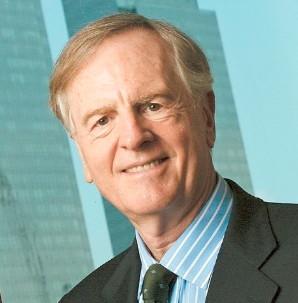
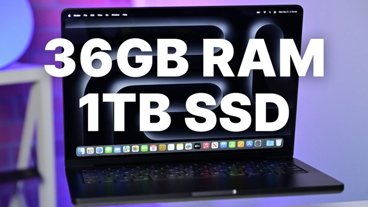

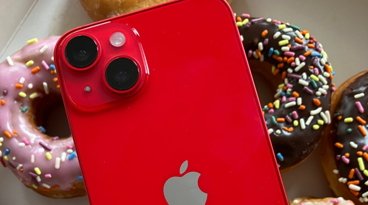


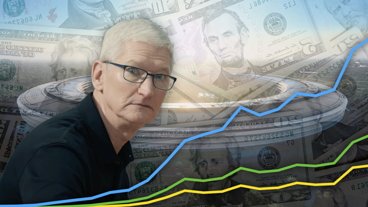






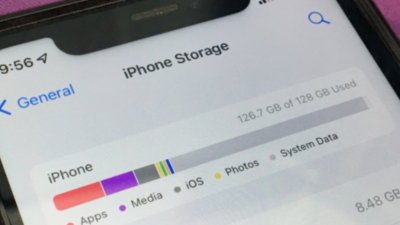
 Malcolm Owen
Malcolm Owen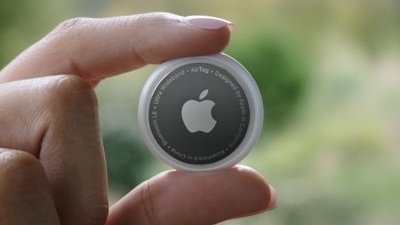
 Amber Neely
Amber Neely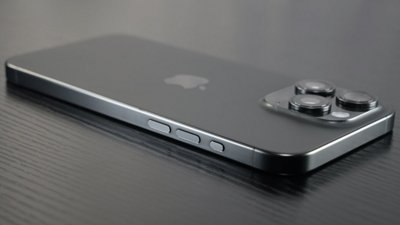
 Andrew Orr
Andrew Orr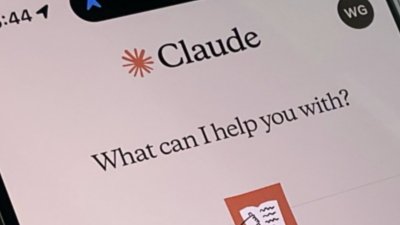
 William Gallagher
William Gallagher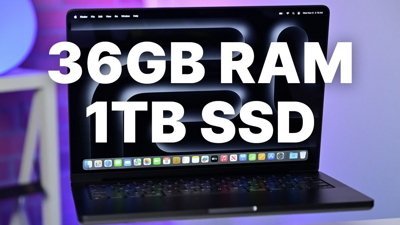
 Christine McKee
Christine McKee
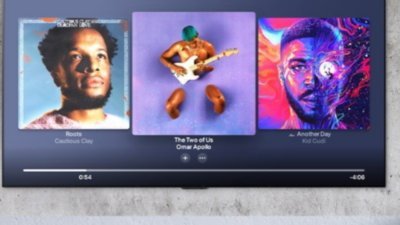
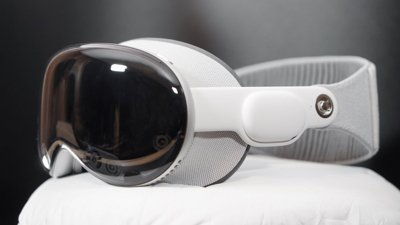

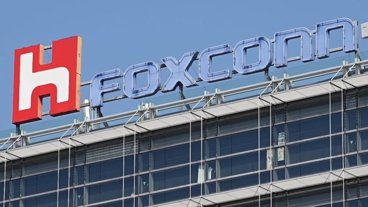








122 Comments
He sounds a bit defensive, but I've read numerous articles and books (including Isaacson's) and it's a difference in perception. While Sculley is technically correct in that Apple never asked Steve to step down, they did have a power struggle and most of the board sided with Sculley at the time, and Jobs felt totally pushed out. You could say the board handled it poorly. But Jobs did resign, technically, to start NeXT. But then it is also VERY common for executive officers in corporate America to be forced to sign "resignation papers" (including golden parachutes and all), and they always day they are stepping down to "spent more time with their family." Standard practice in Fortune 500.
OK, so he wasn't officially "fired". But he was demoted, humiliated, and stripped of power to see his visions of the future realized. That's as close to fired as one can get and I don't think any of us can blame him for walking and taking any co-visionaries with him. He was simply too good at what he did not to find a path forward.
Even after all these year, Sculley still hasn't learned anything. You don't have you tell someone they are fired to fire them. All you have to do is take away their job. That is exactly what Sculley did. So IN FACT, he did fire Steve. It was an easier out for him because he wasn't smart enough to figure out how to manage Steve. I remember when Apple decided to go after IBM on the commercial side, I was working at IBM at the time and I loved Apple. And all I thought was, WHAT ARE YOU THINKING SCULLEY? I had a Mac before a PC and IBM gave me one of the early PCs as a developer. Needly to say, I continued using my Mac.
He sounds a bit defensive, but I've read numerous articles and books (including Isaacson's) and it's a difference in perception. While Sculley is technically correct in that Apple never asked Steve to step down, they did have a power struggle and most of the board sided with Sculley at the time, and Jobs felt totally pushed out. You could say the board handled it poorly. But Jobs did resign, technically, to start NeXT. But then it is also VERY common for executive officers in corporate America to be forced to sign "resignation papers" (including golden parachutes and all), and they always day they are stepping down to "spent more time with their family." Standard practice in Fortune 500.
I'd call that a technical firing but I think Scully is more accurate. I have no reason to think he's twisting or leaving out anything.
I know a lot of people don't like Scully because of this but I wonder how Apple and Jobs would have turned out if Scully hadn't been there with his marketing experience.
PS:
Remember, just because you come across as an arrogant prick doesn't mean you're wrong. If you have strong convictions I say hold to them because it's not great minds that think alike it's great minds that think what no one else is thinking.
Sculley is probably technically right in that Apple never sent Steve a termination letter. However, essentially, he probably did everything to encourage Steve to turn in a resignation letter.
California is an at-will employment state. Sculley couldn't fire Steve outright, but he could simply eliminate the position that Steve occupied, making Steve's continued stay at the company unpleasant.
After stripping Steve of his title of head of Macintosh development, Steve was basically homeless. Sculley took away the thing at Apple that Steve cared about the most.
At that point, Steve probably realized that whatever aspirations he had, he would not be able to accomplish them in that environment. So he left.
That's actually pretty typical for Silicon Valley. People start up new companies all the time because they think they can create an environment that will nurture their new vision and beat all their competitors.
Sculley never got this, probably still hasn't. He is a virtual bust as a venture capitalist. He has never been a success in Silicon Valley.
Steve -- on the other hand -- has been fabulously successful twice (Pixar and his second stint at Apple). Arguably, his first tenure at Apple could be called third success.